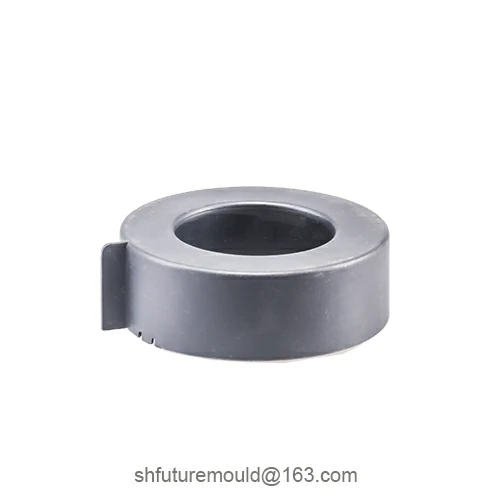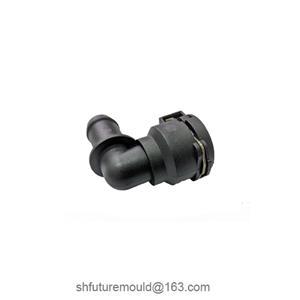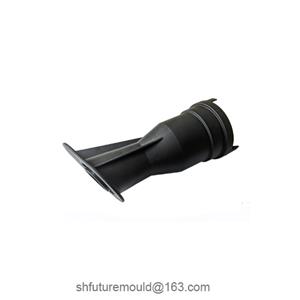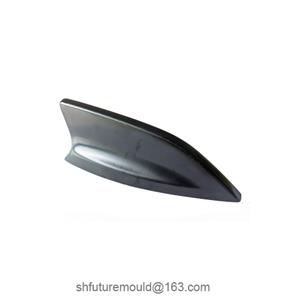Material Selection for PVC Injection Molds
The choice of materials for PVC injection molds directly affects the mold's lifespan, processing precision, and the quality of the molded products. When selecting materials, it is essential to consider the characteristics of PVC, the processing environment, and the mold's working conditions.
Key Factors in Material Selection
1. Corrosion Resistance
During high-temperature processing, PVC may release corrosive gases (e.g., hydrogen chloride), which can lead to mold corrosion. Therefore, mold materials must exhibit excellent corrosion resistance.
2. Wear Resistance
PVC often contains plasticizers and other fillers that can accelerate surface wear on molds. High-wear-resistant materials can extend the mold's service life.
3. Thermal Stability
Molds must withstand temperature fluctuations during the injection process. Materials with good thermal stability help prevent deformation and cracking.
4. Machinability
Mold materials should have good cutting properties to facilitate the machining of complex mold structures and improve manufacturing efficiency.
Common Mold Materials
1. Pre-Hardened Steel (e.g., P20 Steel)
Characteristics: Moderate strength, good corrosion resistance, and machinability.
Applications: Suitable for small to medium-sized PVC injection molds.
Advantages: Cost-effective, easy to process, and does not require additional heat treatment.
2. Hot Work Tool Steel (e.g., H13 Steel)
Characteristics: High wear resistance, corrosion resistance, and excellent thermal stability.
Applications: Ideal for high-temperature and high-pressure PVC molds.
Advantages: Suitable for complex mold shapes and has a long service life.
3. Stainless Steel (e.g., 420, 440C)
Characteristics: Exceptional corrosion resistance, especially suitable for processing PVC materials.
Applications: Used for high-demand PVC molds, such as those for transparent products.
Advantages: Resistant to corrosion, high surface finish, and ideal for high-precision molds.
4. Hardened Tool Steel (e.g., SKD11)
Characteristics: High strength and wear resistance, suitable for high-pressure molding conditions.
Applications: Used for producing high-strength or large-batch PVC products.
Advantages: Achieves extremely high hardness after heat treatment, offering excellent durability.
5. Aluminum Alloy (e.g., 7075 Aluminum)
Characteristics: Lightweight, excellent thermal conductivity, and low processing costs.
Applications: Suitable for prototype molds or short-run, low-volume production.
Advantages: Easy to machine, but lacks wear and corrosion resistance.
- Injection Mold
- Automotive Injection Mold
- Electronics & Electrical Injection Mold
- Consumer Goods Injection Mold
- Airplane Components Injection Mold
- Medical Components Injection Mold
- Irrigation Components Injection Mold
- Injection Molds




